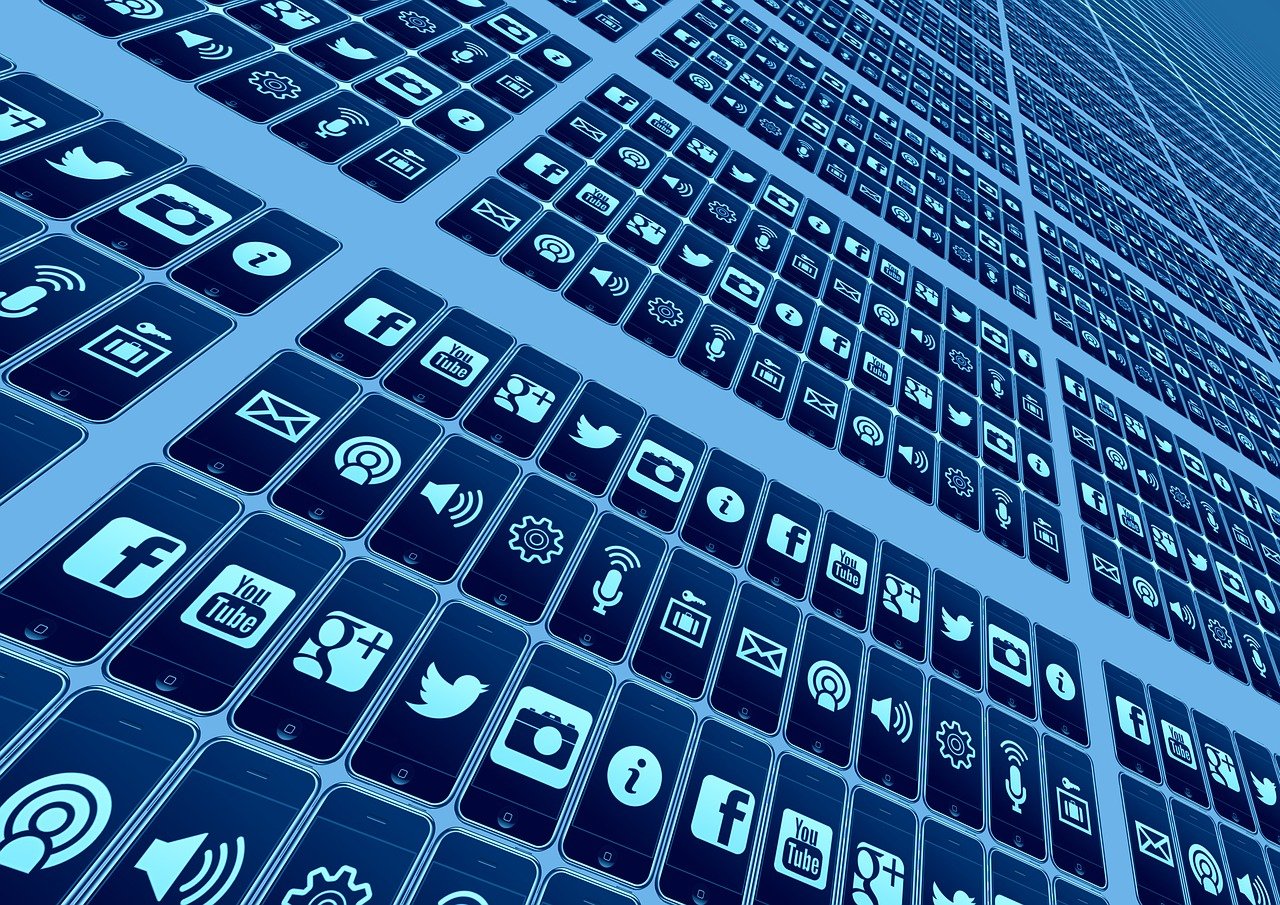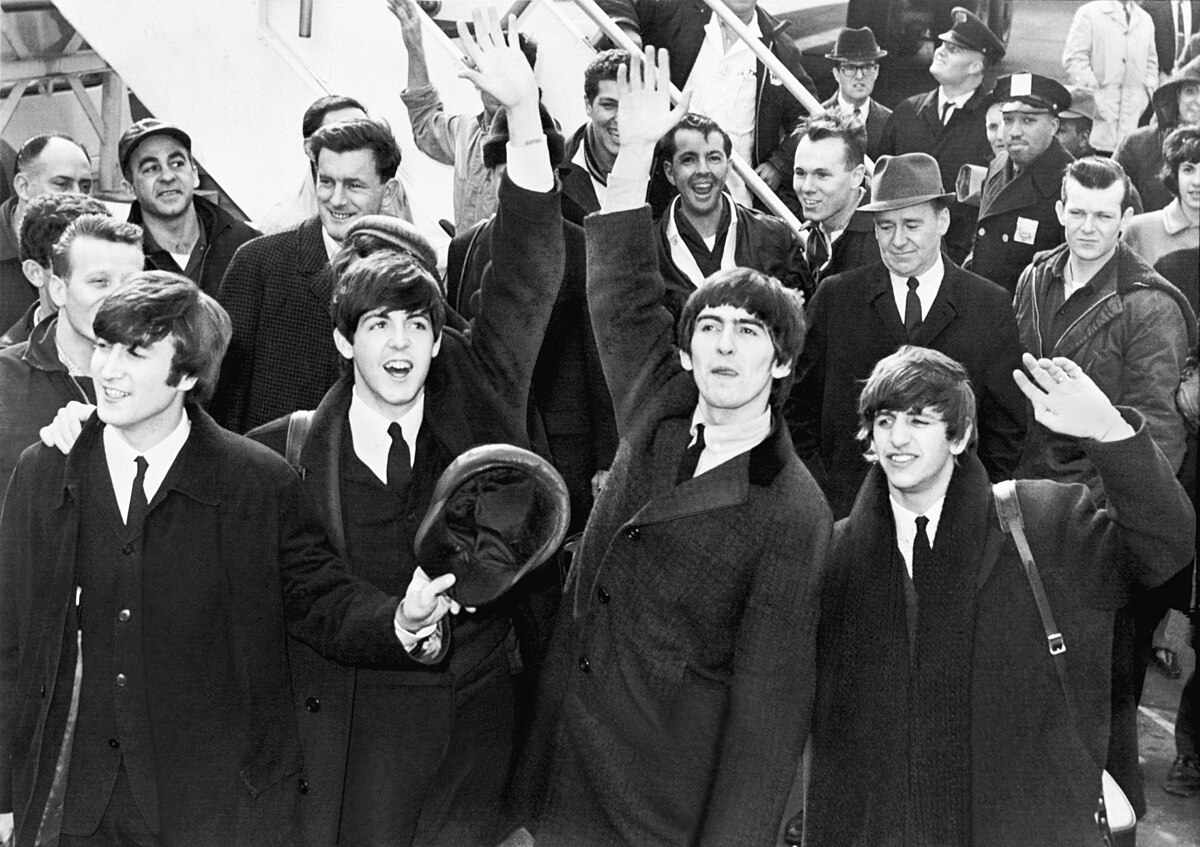![]()
“Facebook essentially amplifies the worst of human nature” is a direct quote from reporter Scott Pelley in his CBS 60 Minutes interview with Facebook whistleblower Frances Haugen. Haugen, a former data scientist for Facebook, turned over a treasure trove of documents from the company to the Securities and Exchange Commission (SEC). These documents include internal research that outlines the social media company’s role in amplifying hate, misinformation, and political unrest in societies around the world. Even Instagram — a company owned by Facebook — was implicated for its role in knowingly harming teen girls. Specifically, internal research confirms that Instagram worsens teen girls’ thoughts of suicide and negatively affects their eating disorders. On top of this bad publicity, Facebook and its subsidiaries, Instagram, Messenger, WhatsApp, and Oculus, experienced a massive outage that left their sites down for hours and some employees unable to access their office buildings. While the “coincidental” timing of the outages has left conspiracy theorists on edge, it might be helpful to take a step back and examine Facebook through the sociological lens.
Facebook was founded in 2004 and employs nearly 60,000 people worldwide. Like all bureaucracies, it consists of a hierarchical authority structure that uses task specialization, operates on rational principles, and behaves with impersonality. Mark Zuckerberg is the leader or individual who helps facilitate, guide, and be the representative voice of Facebook. More specifically, Zuckerberg is the co-founder, chairman, chief executive officer, and controlling shareholder of the social media platform.
The average person on Facebook uses it to connect with family and friends. This often makes us think of the site in terms of primary groups, small-scale, intimate face-to-face, long-lasting associations. The fact that 1.9 billion other people also use it every day is an indication that Facebook is really a large-scale, impersonal, task-focused, and time-limited association or secondary group in their lives. Even though users do not interact with most people on Facebook, the fact that we have “friends” there gives us the sense of being a part of an in-group, a social unit to which an individual belongs and feels a sense of “we.” We want to know what our friends are doing. We want to see the cute photos our friends post. We want to have the friendly banter. Not being a part of this behavior leads some to the dreaded FOMO or fear of missing out. No one wants FOMO because it implies that they are part of the out-group, individuals who do not belong or are excluded from one’s own group.

The problems for teen girls arise when they use the content on Facebook or Instagram as their reference group, a collection of people used for comparison and identification. This is particularly true with some of the online body image groups where difference is discouraged. In these instances, groupthink, the tendency of group members to yield to the desire for consensus rather than expressing individual or alternative ideas, takes hold.
The hate content on Facebook highlights the fact that the site, like many others, includes social groups, two or more individuals connected by common bonds and shared social relations, whose views may be harmful to others. The extreme nature of these groups leaves one wondering if people’s participation is about simple choice or if it is social conformity, aligning attitudes and behaviors with group norms.
Facebook admits that its site played a role in inciting the ethnic violence that led to genocide in Myanmar in 2018. The organizers of the January 6, 2021, attack on the United States Capital also used the platform. While proponents of free speech rightly point out that words alone do not cause hateful action, one must consider whether the words posted on platforms as big as Facebook have more power than societies, let alone individuals, can manage.
Thompson is a co-owner of UITAC Publishing. UITAC’s mission is to provide high-quality, affordable, and socially responsible online course materials.
Images used in this blog:
- “Facebook F icon” by Facebook, Inc. is licensed under CC0 1.0. This image has not been altered.
- “Instagram logo 2022” by Instagram is in the public domain. This image has not been altered.



